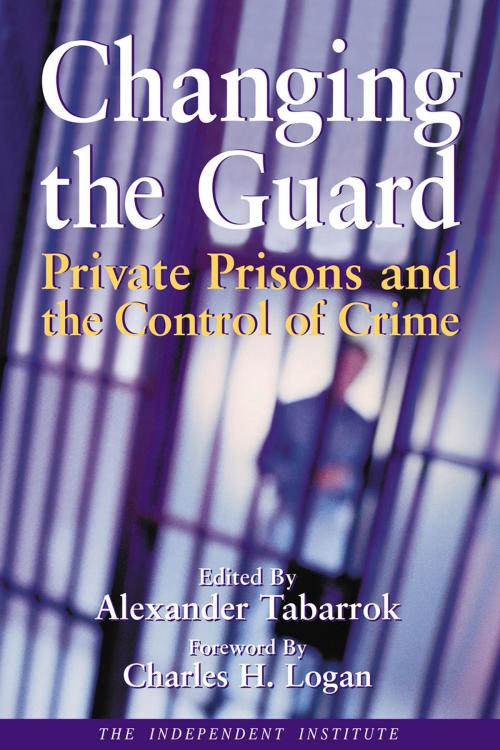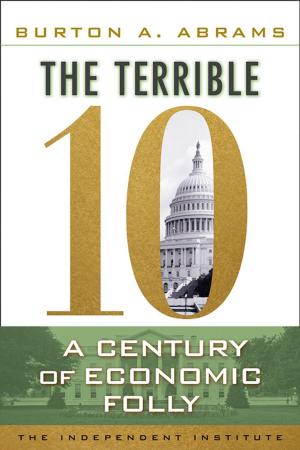Changing the Guard
Private Prisons and the Control of Crime
Nonfiction, Social & Cultural Studies, Social Science, Crimes & Criminals, Penology| Author: | ISBN: | 9781598131864 | |
| Publisher: | Independent Institute | Publication: | October 1, 2002 |
| Imprint: | Independent Institute | Language: | English |
| Author: | |
| ISBN: | 9781598131864 |
| Publisher: | Independent Institute |
| Publication: | October 1, 2002 |
| Imprint: | Independent Institute |
| Language: | English |
When prison privatization began in the United States in the early 1980s, many policy analysts claimed that the result would be higher costs, declining quality, and an erosion of state authority. Bringing together five of the leading researchers of prison privatization and criminology, this authoritative survey addresses the economic as well as the social implications of prison reform. Economist Ken Avio begins with an analysis of the broader issues surrounding the private-prison debate, such as punishment and recidivism, and crime deterrence. Charles Thomas, the world's leading authority on private prisons, provides the empirical context for understanding the debate, examining their historical origins, present status, and future prospects. Samuel Jan Brakel and Kimberly Ingersoll Gaylord examine the costs and quality of private prisons, and Bruce Benson argues that prison privatization be instituted in concert with certain aspects of the criminal justice system.
When prison privatization began in the United States in the early 1980s, many policy analysts claimed that the result would be higher costs, declining quality, and an erosion of state authority. Bringing together five of the leading researchers of prison privatization and criminology, this authoritative survey addresses the economic as well as the social implications of prison reform. Economist Ken Avio begins with an analysis of the broader issues surrounding the private-prison debate, such as punishment and recidivism, and crime deterrence. Charles Thomas, the world's leading authority on private prisons, provides the empirical context for understanding the debate, examining their historical origins, present status, and future prospects. Samuel Jan Brakel and Kimberly Ingersoll Gaylord examine the costs and quality of private prisons, and Bruce Benson argues that prison privatization be instituted in concert with certain aspects of the criminal justice system.















